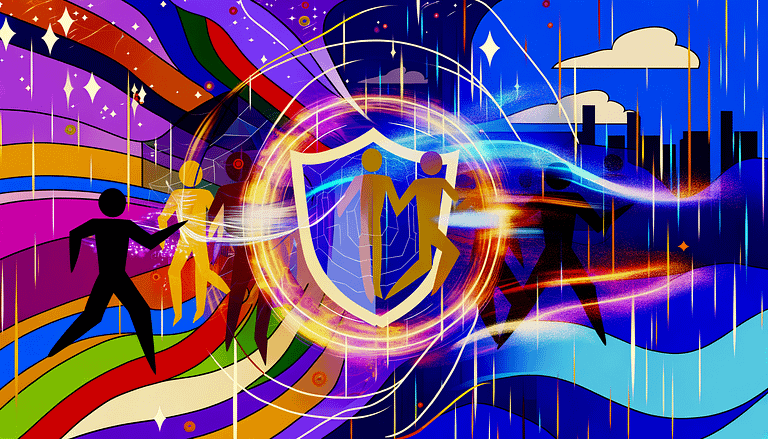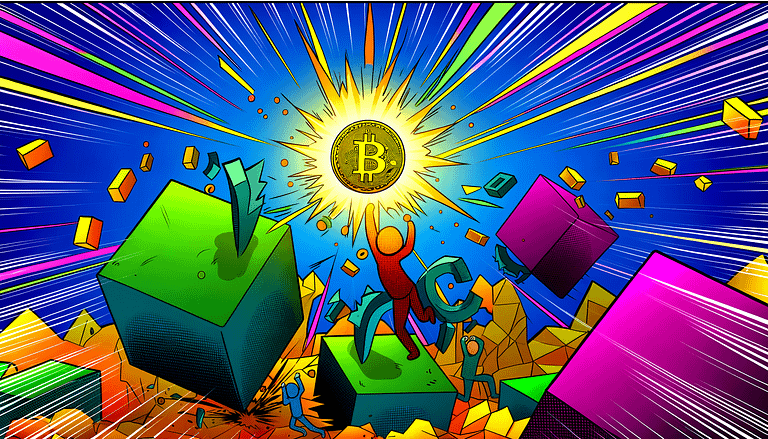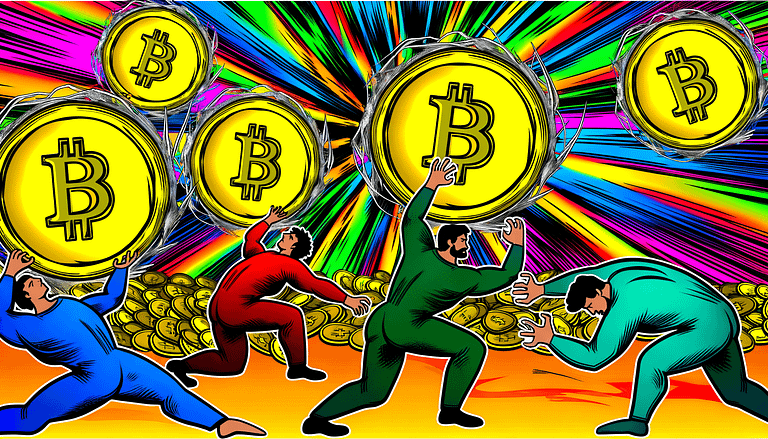OKX Aims to Be Web3’s Steam with GameSphere Launch
In A Nutshell
The realm of Web3 gaming, with its promise of decentralized economies and true digital ownership, is on the brink of significant evolution. Jason Lau, the Chief Innovation Officer at OKX, stresses the necessity for a platform akin to Steam but for Web3 games. He highlights the burgeoning interest in integrating non-fungible tokens (NFTs) and cryptocurrencies into gaming and how OKX’s GameSphere aims to facilitate this integration. Despite challenges, such as Steam’s resistance to crypto games, the success of platforms like Ronin indicates a thriving community eager for Web3 gaming experiences. However, the industry remains in its nascent stages, seeking the right balance between entertainment and utilizing Web3 potentials.
Steam’s Role in Web2 and the Call for a Web3 Counterpart
Steam has set a precedent in digital game distribution, yet its Web2-centric model limits the possibilities for Web3’s decentralized, ownership-driven gaming paradigms. Despite its vast user base and impressive revenue projections, Steam’s decision to exclude blockchain-based games underscores a significant gap in the market. This gap presents an opportunity for platforms like OKX’s GameSphere, which aims to embody the Steam of Web3 by supporting games that incorporate NFTs and cryptocurrencies, fostering a more engaged and economically vibrant gaming community.
Challenges and Opportunities in Web3 Gaming
Even as traditional platforms like Steam resist the integration of Web3 elements, the ecosystem flourishes elsewhere. The launch of OKX GameSphere and the success of blockchain-specific platforms demonstrate the demand for and potential of Web3 gaming. However, the journey is fraught with challenges. The fluctuations in engagement and the ongoing struggle to seamlessly integrate Web3 features into captivating game experiences underscore the nascent state of this industry. Yet, the potential for innovation in game mechanics and business models presents an unparalleled opportunity for growth and community building.
The Role of Community and Innovation in Web3 Gaming’s Future
The path to a thriving Web3 gaming ecosystem lies in persistent experimentation and a focus on creating engaging content. Developers must strike a balance between leveraging Web3’s unique capabilities and maintaining the fun element that attracts gamers. Educating and cultivating a dedicated community around the benefits of Web3 technology is vital. As seen with platforms like Ronin, which has seen remarkable user engagement, a strong community can be a game-changer, transforming niche games into widespread phenomena.
Our Take
Web3 gaming stands at a pivotal juncture, with immense potential to redefine what it means to play, own, and participate in digital worlds. However, the journey ahead is complex, requiring innovation, education, and most importantly, platforms that can bridge the gap between potential and reality. The vision for a Steam-like platform for Web3 gaming, as championed by OKX’s GameSphere, is not just about distribution but about creating a foundation for a new gaming economy. This encompasses true ownership, decentralized economies, and an engaged community that transcends traditional gaming models. While challenges abound, the direction is clear: for Web3 gaming to flourish, it must embrace experimentation, prioritize community, and build platforms that reflect the ethos of decentralization and player empowerment. The future of gaming is not just in playing the game but in shaping the game’s very essence.
Sources
– Cointelegraph.com







